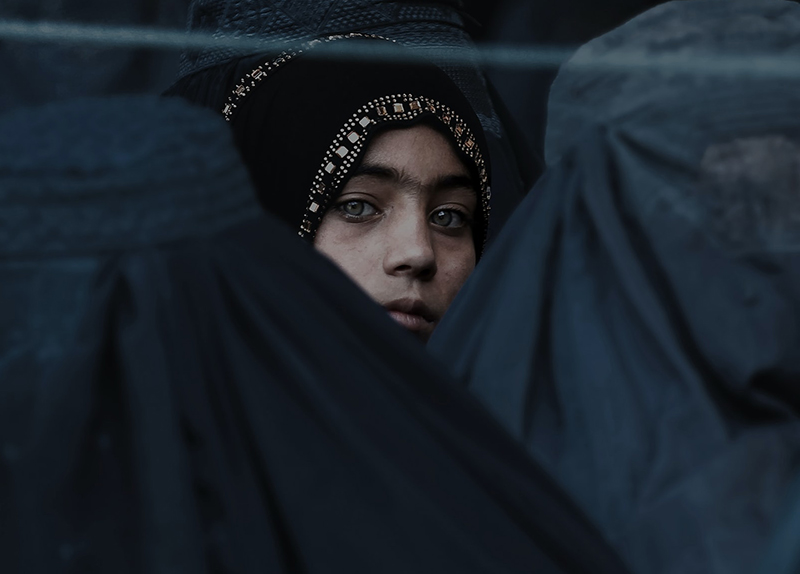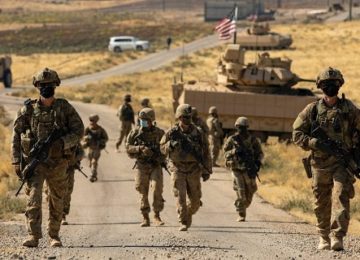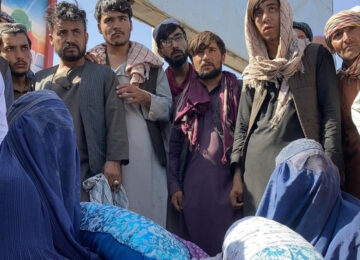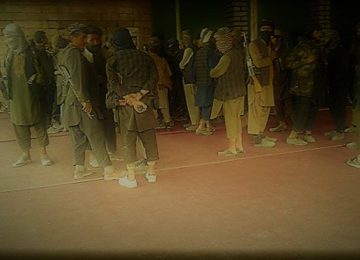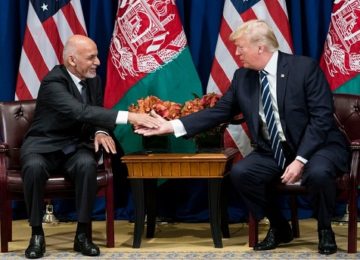In my dream, I am the president.
When I awake, I am the beggar of the world.
(This is a landay, an oral two-lined folk poem composed and sung by Afghans)
The Afghan women have faced suppression at the hands of patriarchy for ages. The situation deteriorates further in the scenarios such as the current one when the de facto Taliban rulers are denying the fundamental rights of girls and women. Females in Afghanistan make up to 48.6 % of the total population. Empowering women would mean empowering half of Afghanistan.
Since the Taliban regained power in Afghanistan, it’s been observed that young girls and women are exempted from different segments of society. The outcry against the group inside the country and around the globe seems justified, because even during their previous rule (1996-2001) they committed systematic atrocities against women in the form of severe punishments such as stoning and amputation, forbidding education, and curtailing civil liberties, etc. Under the name of Sharia, the Taliban imposed restrictions ranging from strict dress code for women to limiting their visibility in all spheres of life. Women were not seen as capable of anything except for handling household chores and fulfilling their reproductive roles. Women in Taliban Regime
In the previous years, the presence of US and allied forces did seem to have created a liberal atmosphere in Afghanistan, at least in major cities. The return of women to ‘normal’ life did happen. Although not on a massive scale, yet to an extent that the world could finally feel the presence and grit of Afghan women. With the international presence in Afghanistan, women empowerment may have been sporadic or nominal, but it was not overshadowed by the ideals of a theocratic state.
The Afghan media was an apt manifestation of that. In spite of the volatile situation in the country, women could be seen walking confidently on the streets (ones who were allowed/could afford to), in restaurants and cafes, and in public and private offices. One could see a bustling life in the cities with the visible presence of girls and women. However, ever since the return of the Taliban in August 2021, one sees that things are shaky and the Afghan women are being asphyxiated with the same fear and intimidation which existed until the early 2000s.
But these are modern times and the current young generation of Afghan women is different, largely thanks to the power of education, activism, and the advent of technology. Given their past experiences, the Afghan youth, especially women, have emerged as a formidable force, who now look Taliban in the eye and call a spade a spade. An eminent example to mention here is the BBC’s 2021 List of the Most Influential Women, half of which had the names of resilient Afghan women, some of them appeared without their faces or under pseudonyms.
Though the magnitude of suffering of the Afghan women can be best understood and depicted by themselves, the global community is also advocating for the rights of the Afghan women. Recently, the Human Rights Council of the UN expressed its concern over the oppressive treatment of the Afghan women at the hands of the Taliban. The council stated that exclusion of women from the social spheres amounts to a “collective punishment” which also acts as an impetus to unemployment and poverty.
Though the Taliban came into power after signing the Feb 2020 Doha Peace Agreement with the United States, promising peace to the people of Afghanistan, their vague and headstrong approach towards women is questionable. Even under Sharia law, Afghan women could have the liberty to live and choose for themselves. It is high time for the Taliban to live up to the promises on women’s security they made since the commencement of the peace talks.
It should not be difficult for them to cognize that the security of women certainly does not refer to squeezing the circle of their movement and limiting them to their biological roles. If Afghanistan is to prosper as a stable country, women empowerment is the prerequisite. This is what the international community also demands and expects of the Kabul regime, probably also a facilitating factor that can also lead to the global recognition of the struggling regime.
Elsa Imdad is a USG Alumna. She holds a bachelors in modern languages with an English major and Spanish minor. She has previously been part of American Spaces in Pakistan and now works as a Project Coordinator at Afghan Studies Center, CRSS. Her interests include public diplomacy, language teaching, peace and conflict resolution, capacity building of marginalized groups, etc. Courtesy: Martix



